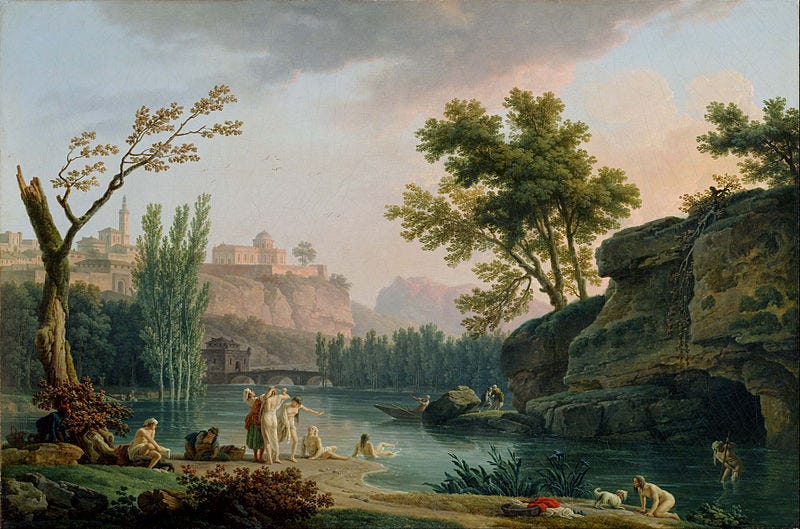The modern concept of environmentalism seems to parallel the rise of the ‘small’ overcoming the ‘large’, of minority rights overcoming the behemoth of racism, yet few today, especially of the young, those of Western stock, know that the very concept of ‘saving the planet’, or environmentalism as a civic duty, came not from those who demand equal rights, but came from the deep recesses of Western thought and compassion – for himself, and the future of what belonged to him in those ways which were most evident to him – to his people, his race. Such names as Madison Grant1, or John Muir2, Alexis Carrel or Charles Lindbergh have passed from the memory of our Folk-community, yet without these names, what we have attempted, what we have saved in terms of our environment, would not exist today.
These men, also, were stridently racial3 in their world-view, and considered saving the very blood which bore them, to be as interwoven with our natural surroundings as Sun is to Moon.
Even before Grant or Muir in the year 1847, George Marsh, a Vermont Congressman became the first public advocate of environmental conservation when he called attention to the destructive impact of deforestation and proposed a land management plan. In 1864, Marsh published an influential analysis of conservation issues entitled Man and Nature. The naturalist writings of Henry David Thoreau also contributed toward the public awareness of conservation issues in America. The total number of persons such as these, are myriad, yet the prime understanding is that these men shared more than simple policy inclinations, but also shared a common blood, a common experience.
As a new novice to the world of ethnic nationalism, you will be exposed to many such individuals. To the more experienced, time to dust off the old volumes, and reaffirm the legacy of your Fathers when dealing with the opposition you will surely be facing individually, and collectively in the years ahead.
__________________
Notes:
1 The beginning of Grant’s public career can be dated to 1893, when he joined the Boone and Crockett Club [BCC]. This organization had been founded as a sportsmen’s club by Theodore Roosevelt five years before. With Grant’s influence the organization broadened its scope. Along with George Bird Grinnell he set about transforming a ‘social club’ for wealthy hunters into a seminal conservation organization in America. Grant’s first conservation battle was over preservation of Yellowstone National Park. The park had been established in 1872 as the world’s first large public park.
In addition to helping define the idea of national parks, Grant originated the modern zoological park. In the late 1890s he founded the New York Zoological Society which in turn established the Zoological Garden of the City of New York - the world famous Bronx Zoo. At three hundred acres, the Bronx Zoo was five times larger than the largest existing zoo. Instead of displaying animals in cramped cages, Grant’s zoo created natural settings, large enough for the animals to interact with their environment, yet small enough for them to be easily viewed by the public. This is just one example of a man who, with time, has been vilified because of his love of his own people, his own blood. These are concepts which the novice should acquaint themselves with. FLS
2 John Muir, founder of the Sierra Club.
3 For those unacquainted, see: The Passing of the Great Race (1916) and The Conquest of a Continent (1933).




